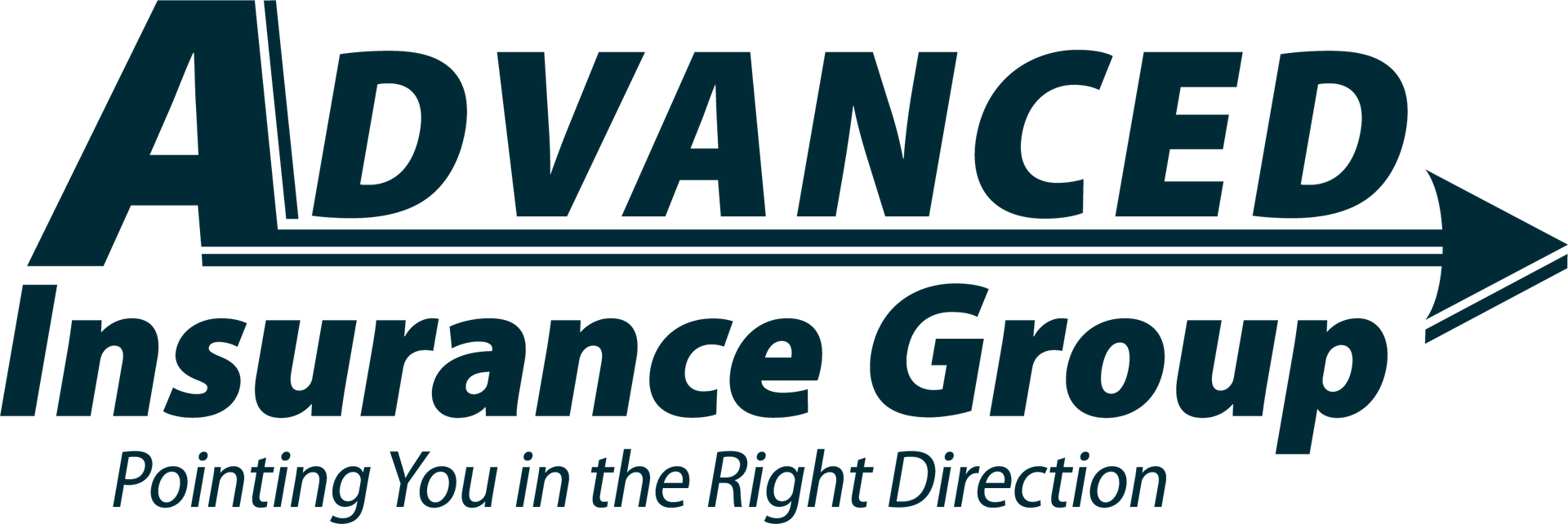Navigating the Maze of Medicare Reimbursement
Many Medicare beneficiaries find the reimbursement process confusing and overwhelming. Understanding how to reclaim money spent on eligible medical expenses is crucial for managing healthcare costs effectively. This guide aims to demystify Medicare reimbursements and offer reassurance that with the right information, the process is manageable.
What is Medicare Reimbursement?
Medicare reimbursement is a system that allows beneficiaries to recuperate some of the costs incurred for approved healthcare services and medications. This applies especially when patients have had to pay the full amount upfront. By understanding this process, beneficiaries can recover monies spent on necessary medical care when direct billing by providers is not an option.
Claiming Reimbursements for Medicare Part D (Prescription Drug Plan)
When it comes to prescription drugs, sometimes beneficiaries might use out-of-network pharmacies or encounter incorrect billing issues. To claim reimbursement under Medicare Part D, you can submit a coverage determination request to your plan sponsor. Ensure you have all billing information at hand to streamline the process.
Reimbursement for Original Medicare (Part A & Part B)
If you're dealing with Original Medicare, you may need to submit a reimbursement claim in cases where providers do not bill Medicare directly. You will need Form CMS-1490S, a detailed bill from the provider, and a letter explaining your claim. Consider someone who had to pay out-of-pocket for a necessary surgery; by following this process, they can reclaim part of those expenses.
Understanding Reimbursements through Medicare Advantage (Part C)
For those with a Medicare Advantage plan, claiming reimbursements may be necessary when you incur expenses outside the network. Contact your insurance provider to gather the appropriate forms and guidelines. Proper communication with your provider ensures that you can reclaim fees spent on unexpected or out-of-network services.
While the Medicare reimbursement process may initially seem daunting, it's important for beneficiaries to pursue possible reimbursements. Gathering necessary paperwork and consulting with your Medicare plan administrator or a healthcare advisor can prevent unnecessary financial strain. Being proactive will ultimately pay off, providing relief from eligible healthcare expenses.

